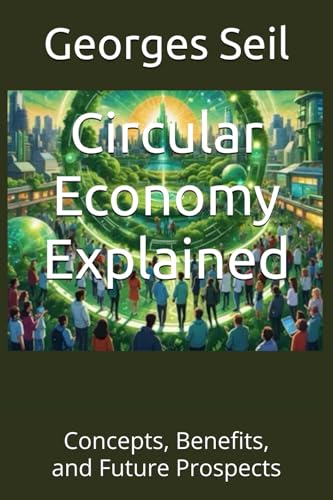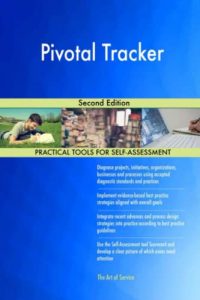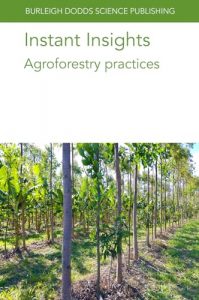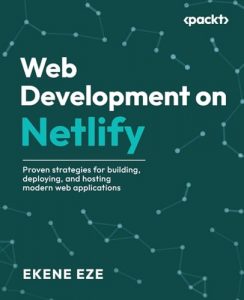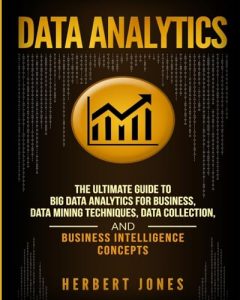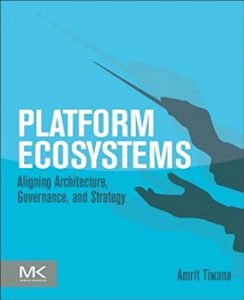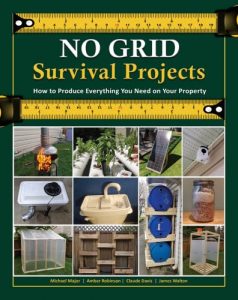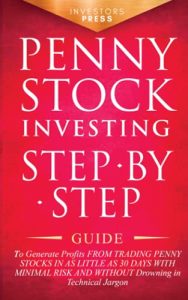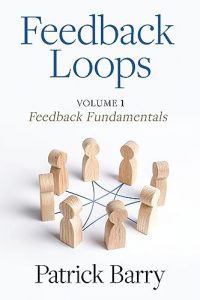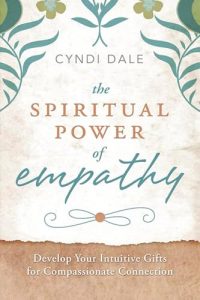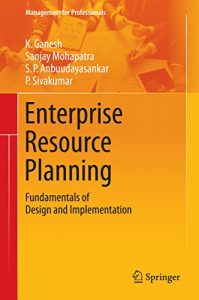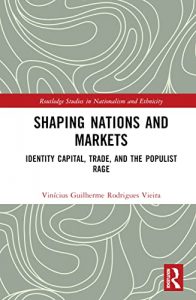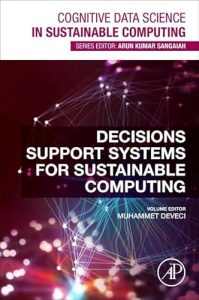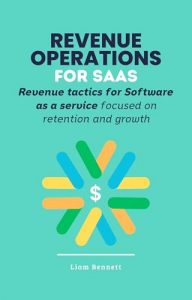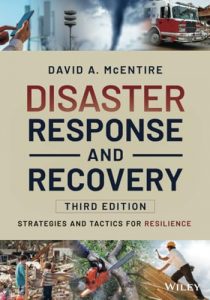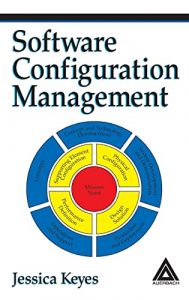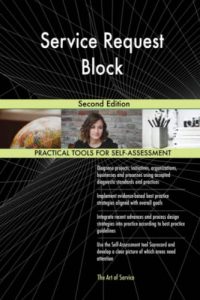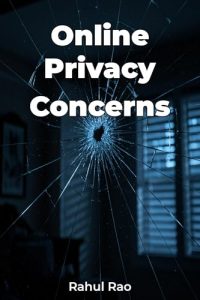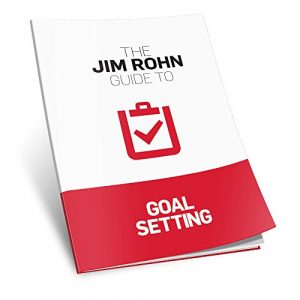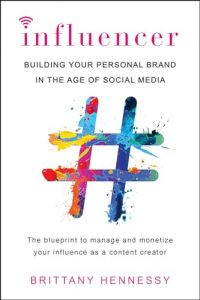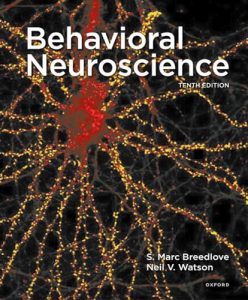Unlocking the Circular Economy: Essential Reads for a Sustainable Future
The concept of a circular economy is not just a fleeting trend; it’s a transformative shift that redefines how we view resources, consumption, and waste. As global awareness of environmental issues increases, more businesses and individuals are seeking sustainable solutions. Embracing circular economy concepts allows us to move from a linear model of take, make, and dispose, to one that emphasizes reusing, recycling, and restoring resources. This blog is dedicated to highlighting key literature that delves into various aspects of the circular economy, providing insights and actionable strategies.
From solid foundational theories to practical case studies, the selection of books featured here serves as an essential toolkit for anyone looking to understand and implement circular economy principles. Each title offers valuable perspectives that cater to both newcomers and those well-versed in sustainability, making them an excellent addition to your library.
Circular Economy Explained: Concepts, Benefits, and Future Prospects
This book serves as a comprehensive guide to understanding the intricate components of the circular economy. Authoritative in its approach, it introduces the fundamental principles that guide sustainable practices and illustrates the benefits that various industries can reap from adopting these methods. The author delves into case studies, showcasing the innovative strategies businesses have employed to minimize waste and maximize resource efficiency. With its engaging narrative and insightful projections for the future, this book is a must-have for anyone interested in championing sustainable initiatives.
Circular Economy: Concepts, Case Studies, and Business Plans (Business Plans for the Future)
Offering a profound exploration into practical applications of circular economy principles, this book encompasses a variety of real-world case studies and innovative business plans that showcase how companies can successfully transition towards sustainability. Readers will glean insights on problem-solving techniques and strategic planning that aid in the shift from traditional practices to circular models. It’s an essential resource for entrepreneurs and corporate leaders aiming to bolster their businesses while supporting environmental sustainability.
Business Models in the Circular Economy: Concepts, Examples and Theory
This book expertly discusses the evolution of business models that are enhancing the circular economy landscape. Filled with numerous examples and supported by rigorous theory, it serves not only as an educational tool but as a reference for businesses looking to pivot their models toward sustainability. The versatility of the methods presented herein makes it an indispensable read for students, business executives, and policymakers alike.
The Circular Economy Handbook: Realizing the Circular Advantage
This handbook stands as a practical guide that equips readers with the tools necessary to implement circular practices effectively. By breaking down complex concepts into actionable strategies, it bridges the gap between theoretical understanding and real-world execution. Business leaders and sustainability practitioners will find immense value in its clear and structured format.
The Circular Economy: Case Studies about the Transition from the Linear Economy
Focusing on real-life examples, this book offers illuminating case studies that provide a deep dive into how various organizations have successfully transitioned from linear to circular economic models. The narratives within present innovative practices that could inspire businesses at all stages of the shift towards sustainable operations.
Conclusion
With the pressing challenges of climate change and resource depletion, understanding and applying circular economy concepts is more essential than ever. These books not only provide knowledge but also empower readers to transform their practices for a sustainable future. Dive into these titles to enhance your understanding of sustainability and become an agent of change.

